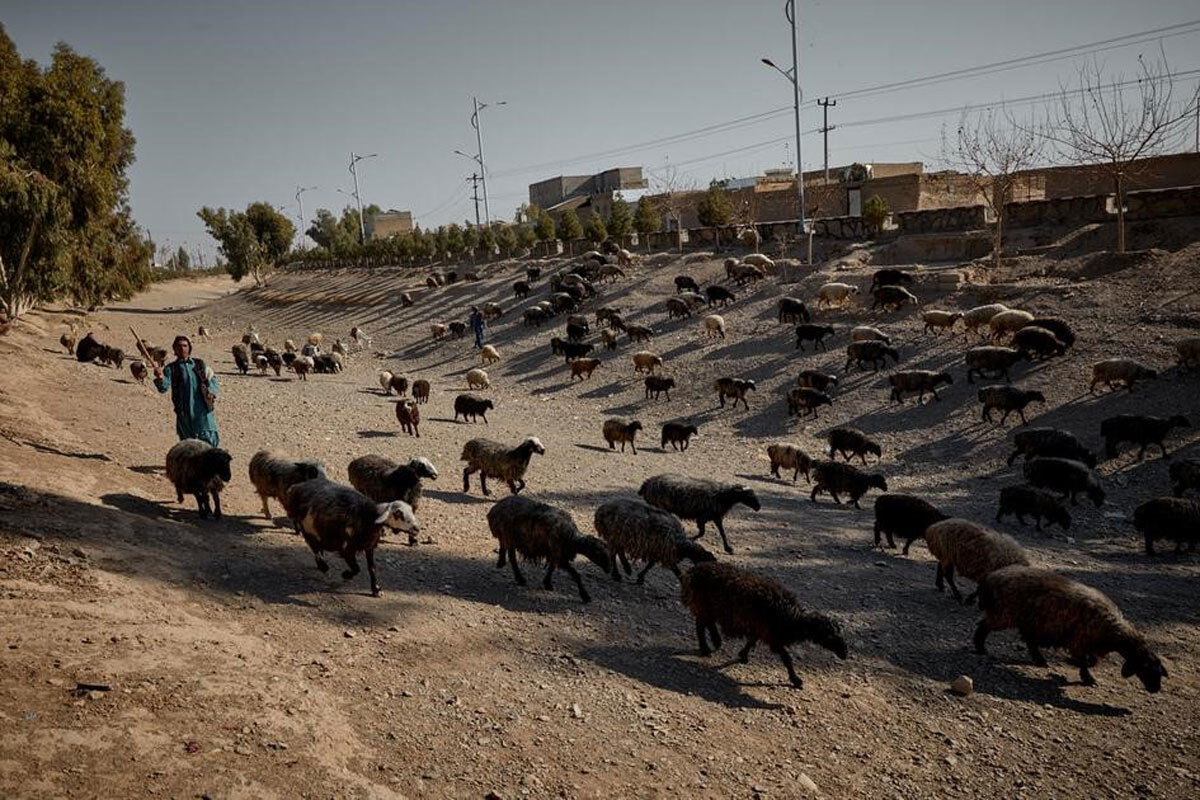On January 11, a UN coalition appealed for $5 billion to avoid a famine in Afghanistan. It’s the largest UN humanitarian aid appeal ever, to support the very part of the world that first domesticated wheat, barley, and possibly even rice.
Officials say half of Afghanistan’s population needs emergency food assistance or cash assistance to buy food for their families. The money called for last week is needed to feed almost 28 million people at risk of acute food shortages and possible starvation, the UN says, including 22 million people now in Afghanistan and another 6 million Afghan refugees displaced in five neighboring countries. The dollar figure may seem high, but the UN World Food Program (WFP) points out that $5 billion amounts to just $100 in spending on every individual in need for an entire year.
Of course, Afghanistan was in the news a few months ago following the decision by the U.S. government to end America’s longest war there and withdraw forces in August 2021. Immediately following the Taliban takeover of the entire country, the U.S. government orchestrated a global freeze on the Afghan government’s bank accounts, sending Afghanistan’s entire economy into freefall. Drought and the global pandemic are exacerbating a mainly human-driven economic disaster now pushing millions of civilians into destitution and precarious existence. The UN is now warning that the situation in Afghanistan is shaping up to be one of the worst food security disasters in history unless donor governments intervene.
“This is a moment of profound consequence for the people of Afghanistan,\” Martin Griffiths, UN Under-Secretary-General for Humanitarian Affairs, told reporters during a two-hour briefing streamed from Geneva. “Livelihoods have been crushed and people’s limited reserves expended for survival.”
“So today, we are launching the world\’s largest-ever humanitarian appeal, marking the enormity of the crisis in Afghanistan and our obligation towards it,” he added.
“This is a moment of profound consequence for the people of Afghanistan.”
The humanitarian appeal is in two parts. The UN relief system is seeking $4.4 billion to cover emergency food operations within Afghanistan for the remainder of the year. An additional $623 million is being sought to assist Afghan refugees. Despite a general withdrawal of Western military forces and television news cameras, the UN stresses that it’s still on the ground and lending assistance, though struggling to do so amidst a fast-deteriorating situation. WFP warns that the peak of winter could leave millions in the country at risk of starvation. Winter weather conditions are complicating food aid distribution and logistics, and acute hunger is already becoming a problem in much of the country, WFP said. One million Afghan children are believed to be now suffering from dangerous food shortages. Griffiths said his staff on the ground are reporting rising malnourishment and wasting in young children. “We need attention to the economic impact of those events of late August, and we need your generosity,” he pleaded.
USAID Deputy Administrator Isobel Coleman said the United States government will commit $308 million in initial aid spending toward the UN\’s total $5 billion appeals.
Grow Further is not involved in the relief effort, but we are thinking longer term about how to prevent these kinds of disasters. What if the Indus Valley Civilization had had better irrigation or dryland farming techniques going into the climate change event of 2200 BC? What if the people of the region had received a royalty on every sack of barley grown in the rest of the world over the last few millennia? How might the world have been different?
— Grow Further
Photography credit: A shepherd driving his flock through Kandahar in December. UNHCR/Andrew McConnell.




